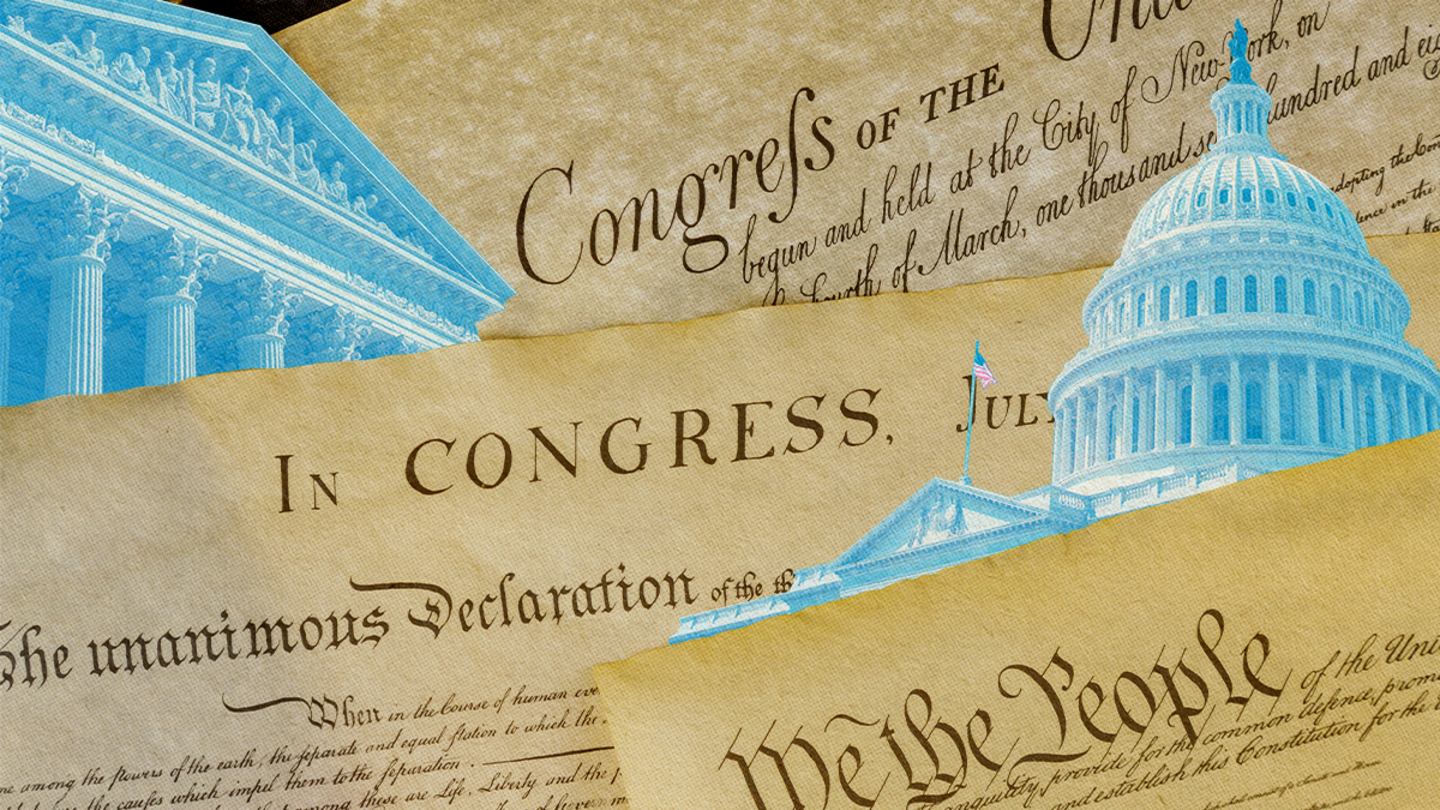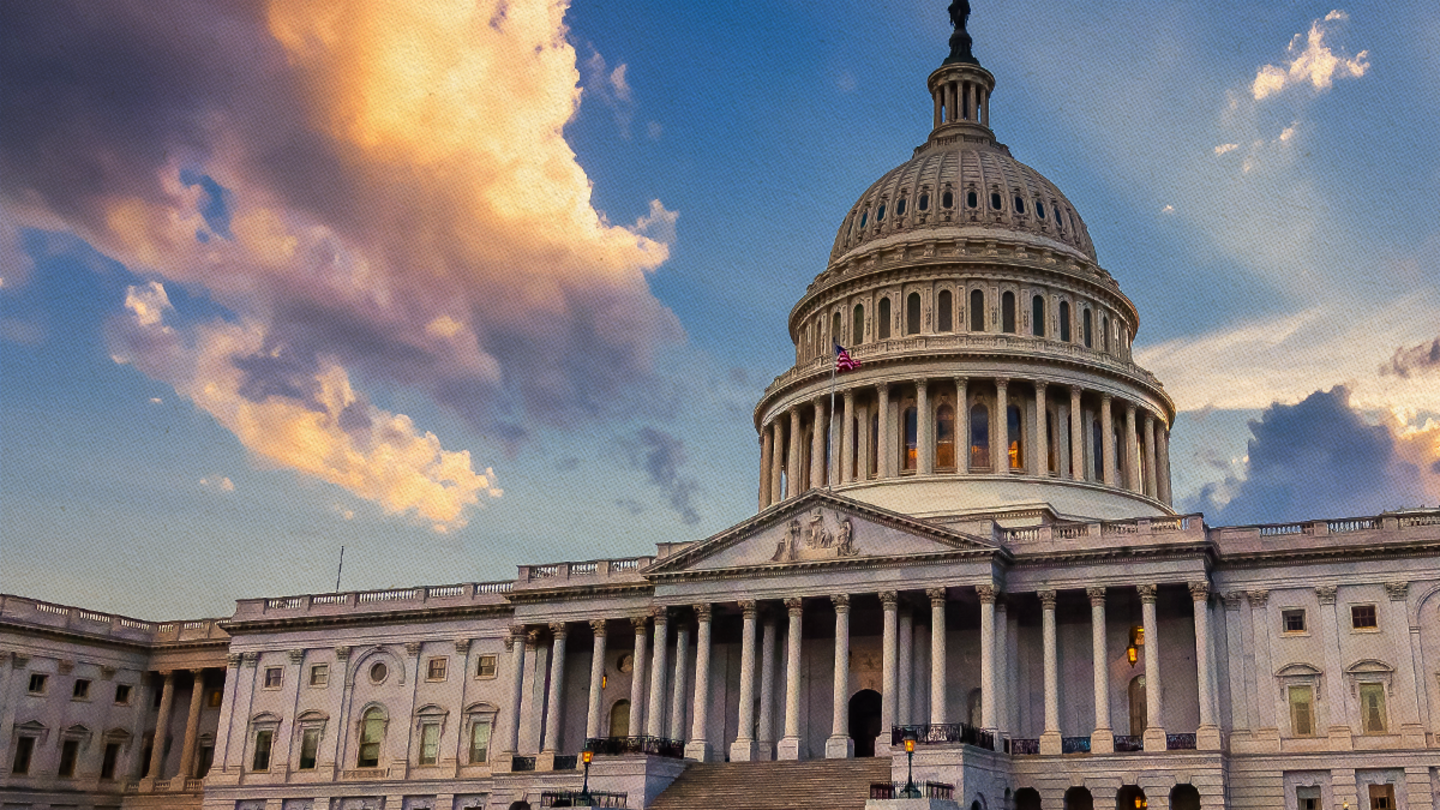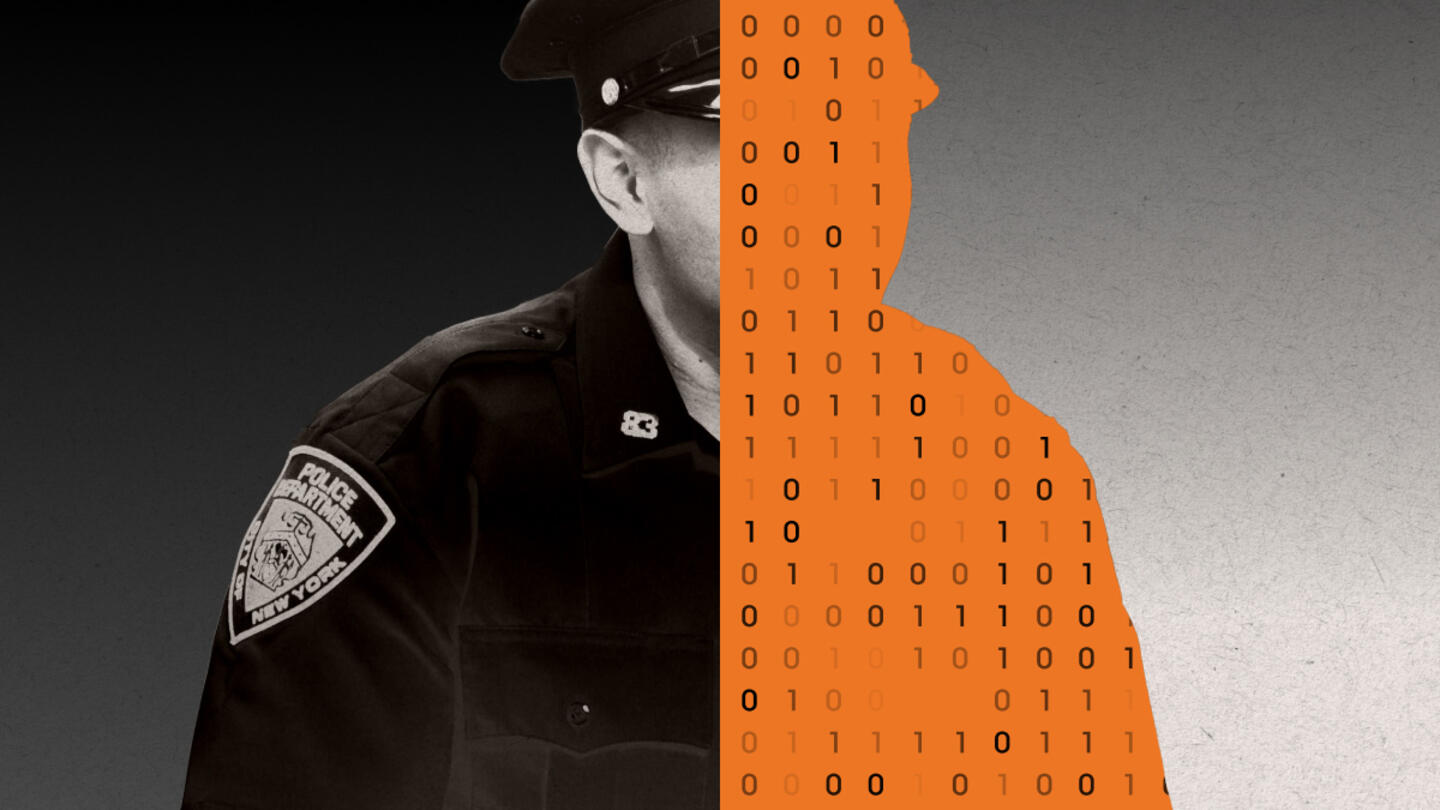Jun Abell was 18 months old when he was diagnosed with pineoblastoma, a rare and aggressive brain tumor.
After multiple surgeries and six rounds of chemotherapy, his local oncologist in his then-home state of New York referred him to Dr. Shannon MacDonald. Dr. MacDonald is a highly esteemed radiation oncologist at Massachusetts General Hospital in Boston, known for her expertise in pediatric oncology and proton therapy, a crucial tool in Jun’s treatment.
For two months, the Abell family lived in Boston. The intense treatments were successful, and now Jun lives in New Jersey with his family. Dr. MacDonald would like to have periodic check-ins with Jun to ensure his tumor has not returned. Telehealth appointments would suffice, meaning the Abell family wouldn’t have to undertake the cost and burden of traveling to Boston.
However, because of New Jersey laws, Dr. MacDonald would face criminal charges fines and risk her medical license if she continued these vital telehealth appointments with Jun. So, the Abell family must endure costly, burdensome trips to Boston for appointments that were once managed effectively via telehealth.
This government interference in Jun’s health care is unconstitutional. That’s what Pacific Legal Foundation is arguing in court on behalf of specialty doctors and their patients, like Jun, who are currently barred from ongoing care and communication. Their case, Shannon MacDonald, M.D., et al. v. Otto Sabando, argues that the government cannot use licensing requirements to prevent children (and adults) from accessing specialty medical care that their local doctors cannot provide.
The Constitution has several protections for Americans that make it more than clear they have a right to interstate medical care via telehealth.
“The Constitution’s Dormant Commerce Clause and Privileges and Immunities Clause prevent states from erecting barriers around their borders aimed at disadvantaging professionals from out of state,” explained PLF attorney Caleb Trotter. “Those protections especially apply when burdens — like a child being unable to continue consulting with his medical specialist — eclipse any benefit a state may receive by requiring duplicative medical licensure for physicians.
“And just as physicians have a First Amendment right to speak with potential and existing patients via telehealth, physicians and their patients have the right to receive information from each other. The government cannot use licensing requirements to impede the exchange of information between patients and their doctors. Finally, parents have a fundamental right to direct the lawful medical care of their children. By preventing parents from accessing vital care through telehealth, New Jersey’s license requirement also violates the 14th Amendment’s Due Process Clause.”
The Covid pandemic prompted nearly every state to loosen or suspend telehealth restrictions so that doctors in one state can treat or consult with patients in another state without getting licensed in the patient’s home state. This small, commonsense act unleashed a new era in patient care.
Sign up for the Stand Together newsletter and get stories, ideas, and advice from changemakers to help you tackle America’s biggest problems.
Patients and doctors have a right to communicate about treatment without government interference
Consider the experience of another New Jersey citizen.
Hank Jennings, a college student from New Jersey, was in his first year of college when he was diagnosed with giant craniocervical junction chordoma — rare brain tumors that invade the skull base and can lead to bone destruction.
After consulting with Dr. MacDonald, Hank and his mother traveled to Pittsburgh for treatment at the University of Pittsburgh. Now a college student, Hank still has regular follow-up calls with specialists in Pennsylvania. New Jersey’s telehealth restrictions make his follow-up calls from home in New Jersey illegal — an unnecessary burden that, once again, offers no benefit to the doctor or patient.
“Because a phone call to update a doctor on a patient’s progress is simply a conversation, the speech protections of the First Amendment apply to New Jersey’s restrictions on which physicians may have those conversations,” said Trotter. “As no treatment of any kind occurs in those conversations, New Jersey has no good reason to limit them to only physicians licensed in the state.”
When a person is diagnosed with a rare disease, finding the right doctor is crucial. In these cases, crossing state lines for treatment is not uncommon, and it’s also normal for physicians to want to continue appointments after treatment is completed.
“This case is not just about making sure expert, specialty health care is available regardless of where a patient lives,” said Trotter. “This case pushes back against the outdated understanding that medical professionals must be licensed in every state where they interact with patients. Because the qualifications for medical licensure in the United States are substantively uniform, requiring a license in all 50 states is not only unjustifiably burdensome on physicians, it also unconstitutionally interferes with doctors’ ability to treat patients."
“Government can’t just impose burdens on citizens for no rational purpose,” said Casey Mattox, vice president of legal strategy at Stand Together. “The Constitution requires government to protect our life, liberty, and property, not to put them at jeopardy just because it can.”
“A great boon of technology is how it expands opportunity for treatment, providing equal access to expert health care for all patients,” said Trotter. “It’s not just common sense; it’s essential to our country’s founding principles that New Jersey end these telehealth restrictions that impede this right for providers and patients to communicate and continue care as they deem necessary.”
Pacific Legal Foundation is supported by Stand Together Trust, which provides funding and strategic capabilities to innovators, scholars, and social entrepreneurs to develop new and better ways to tackle America’s biggest problems.
Learn more about the Stand Together community’s constitutionally limited government efforts, and explore ways you can partner with us.

A landmark Supreme Court decision is bringing a return to federalism.

How the Supreme Court decision affects Congress’ job.

What we think we know about other Americans’ views — and what we get very wrong.

How to maximize new innovations to keep communities safe.
